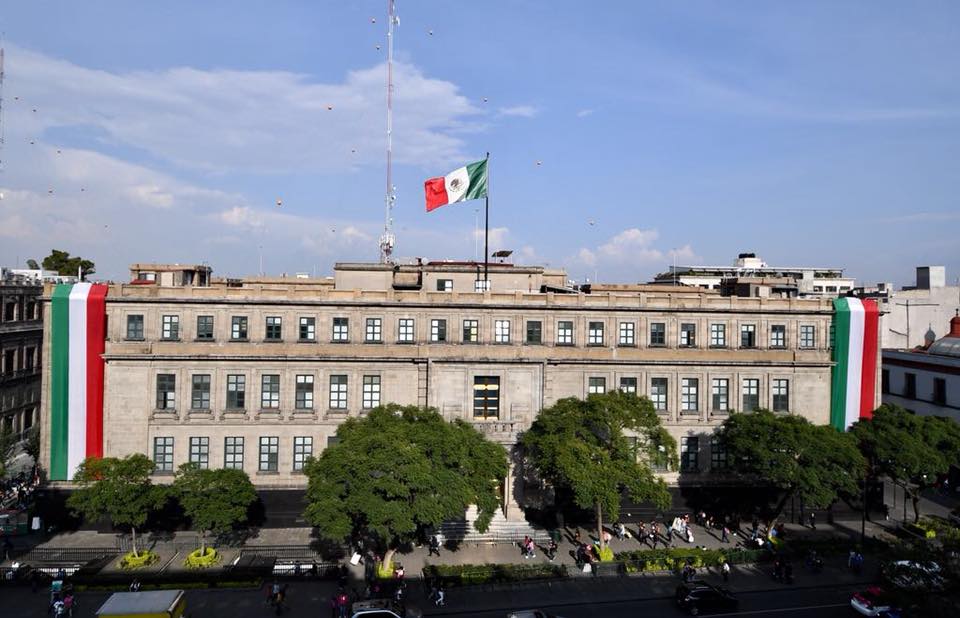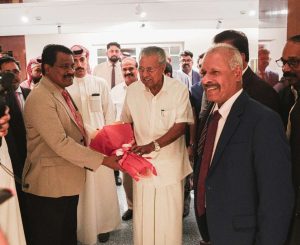An Associate Professor of medicine at Columbia University, Mukherjee graduated from Stanford University, University of Oxford, and Harvard Medical School…reports Asian Lite News
A book by Indian-American cancer physician and researcher Dr Siddhartha Mukherjee has been longlisted for the prestigious 50,000 pound Baillie Gifford Prize for Non-Fiction in London.
‘The Song of the Cell: An Exploration of Medicine and the New Human’, which is among the 13-book longlist announced on Wednesday, highlights how cellular research has revolutionised medicine, enabling the treatment of life-altering diseases including Alzheimer’s and AIDS.
The judging panel described the 53-year-old Rhodes scholar’s work as his “most spectacular book yet”.
“The cell is the foundational unit of life. Its discovery reshaped our understanding of our bodies and brains as never before. This revolutionised medical practice in the past and, centuries on, holds ever-greater clinical promise for the future, the judges said.
“Mukherjee provides the definitive account of this remarkable cellular story, authoritative yet at the same time personal. He has that rarest of scientific gifts — the ability to pull back the magical curtain of complexities to reveal, like cells themselves, the foundations of life.”
His other works include, ‘The Gene: An Intimate History’, which was a #1 New York Times bestseller, and ‘The Emperor of All Maladies: A Biography of Cancer’, which won the 2011 Pulitzer Prize in general nonfiction.
An Associate Professor of medicine at Columbia University, Mukherjee graduated from Stanford University, University of Oxford, and Harvard Medical School.
He has published articles in many journals, including Nature, The New England Journal of Medicine, Cell, The New York Times and The New Yorker.
The selection was made from 265 books published between November 1, 2022 and 31 October 2023 by a panel of judges, which included, Literary Editor of Financial Times, Frederick Studemann (chair); award-winning author Andrea Wulf, theatre critic for The Guardian Arifa Akbar, the writer and historian Ruth Scurr, journalist and critic Tanjil Rashid and Chief Executive of the Royal Society of Arts Andrew Haldane.
“The books on the longlist share an ability to communicate lucidly and engage with readers in an intelligent and relevant way,” Frederick Studemann, chair of judges, said.
Six finalists for the award will be announced on October 8 in a live event at England’s annual Cheltenham Literature Festival, and the winner will be revealed on November 16 at a ceremony at the Science Museum in London.
Founded in 1999, the prize covers all English non-fiction in the areas of current affairs, history, politics, science, sport, travel, biography, autobiography and the arts.
Last year’s winner was Katherine Rundell’s poet biography “Super-Infinite: The Transformations of John Donne”.
ALSO READ-US judge rejects Biden’s asylum curbs at Mexico border










